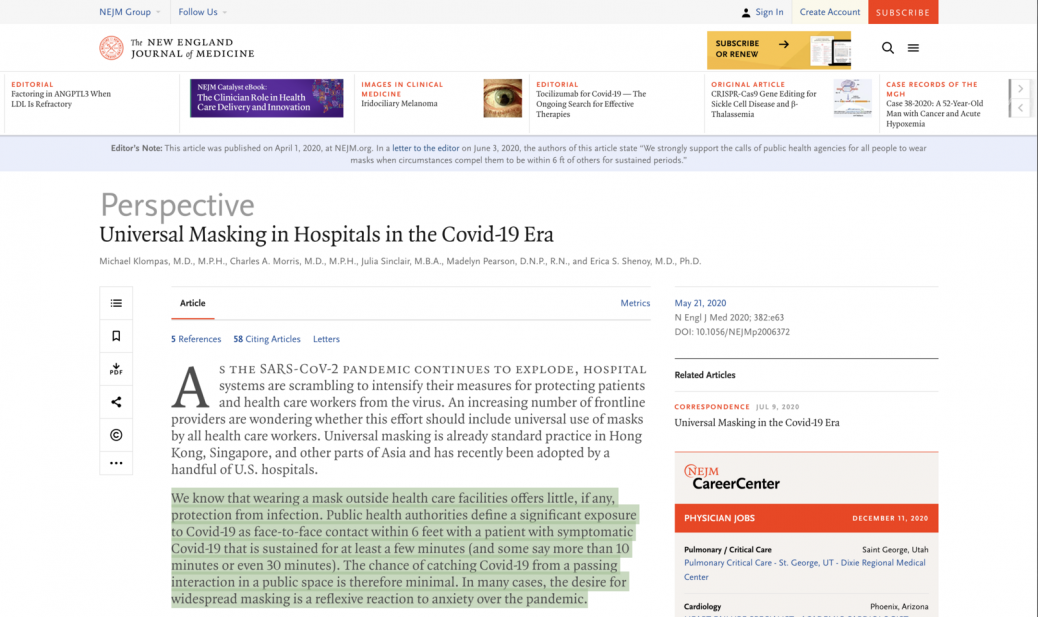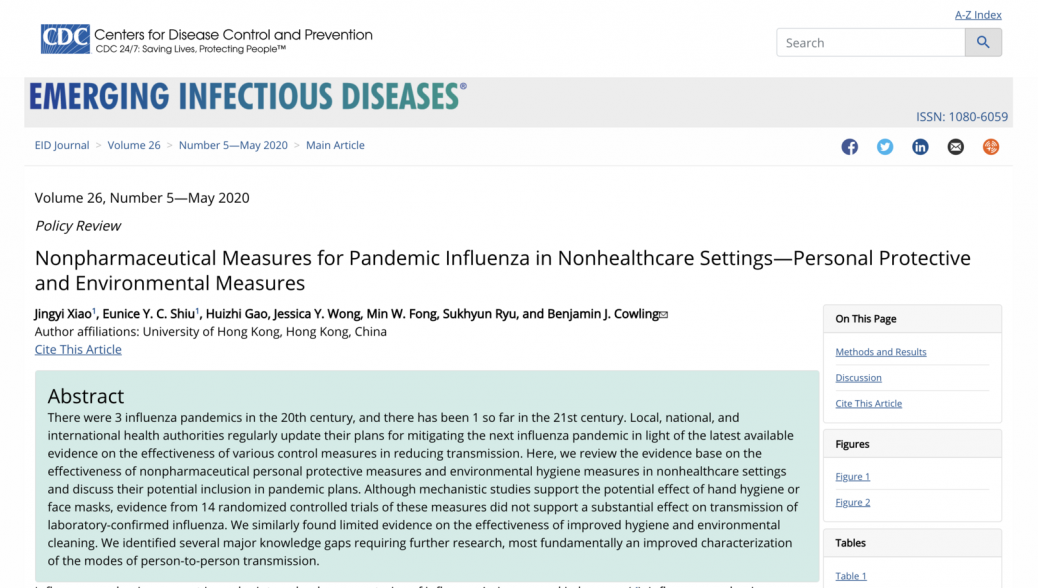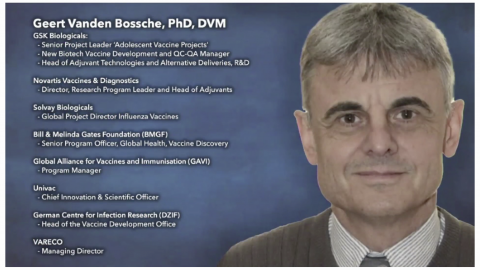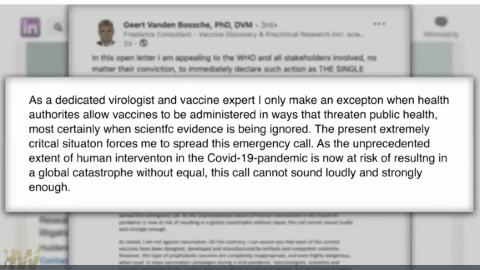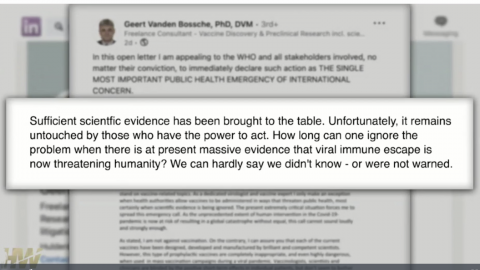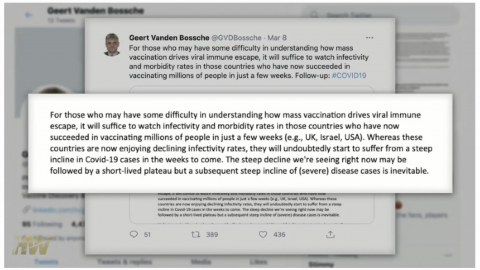To Clarify:
“Viruses are filtrable; that is, they are so small that they will pass through the pores of a porcelain filter. Information about their size – which varies between 10 and 150 millimicrons … (N95 mask = .125 Microns – 125 millimicrons viruses can be as small as .01 microns – 10 millimicrons) … in different species, has been collected by indirect means, using filtration and sedimentation data; Recently with the development of the electron microscope, certain of the larger viruses have been photographed and their actual shapes seen. They consist of particles, believed to be molecules of nucleoprotein. THEY CANNOT BE GROWN OUTSIDE LIVING TISSUE, AND THEREFORE MUST BE IDENTIFIED INDIRECTLY. This is done by studying the pathology produced in experimental animals on inoculations of virus-infected tissue; by determining the host range that is the animals which are susceptible to a given virus; and by testing immunological responses, i.e., specific antibodies in infected animals.These characteristics are more or less specific for each virus. Different tissue specificities are also characteristic. Thus the derma tropic agents attack primarily the skin: smallpox, chickenpox and measles viruses are included in this group. Rabies, encephalitis and poliomyelitis viruses are primarily neurotropic, and attack nervous tissue.”
“filtrable”
https://medical-dictionary.thefreedictionary.com/filtrable
CDC – Nonpharmaceutical Measures for Pandemic Influenza in Nonhealthcare Settings—Personal Protective and Environmental Measures
https://wwwnc.cdc.gov/eid/article/26/5/19-0994_article
The New England Journal of Medicine – Universal Masking in Hospitals in the Covid-19 Era
https://www.nejm.org/doi/full/10.1056/NEJMp2006372
CDC – Community and Close Contact Exposures Associated with COVID-19 Among Symptomatic Adults ≥18 Years in 11 Outpatient Health Care Facilities — United States, July 2020 The study reported the percentage of the use of cloth face covering or mask 14 days before illness onset was higher in correlation with the more often masks are worn. TABLE. Characteristics of symptomatic adults ≥18 years who were outpatients in 11 academic health care facilities and who received positive and negative SARS-CoV-2 test results (N = 314)* — United States, July 1–29, 2020
https://www.cdc.gov/mmwr/volumes/69/wr/mm6936a5.htm
Livestrong – The Effects of Too Much Carbon Dioxide in the Blood
https://www.livestrong.com/article/218049-the-effects-of-too-much-carbon-dioxide-in-the-blood/
Reuters – Partly false claim: Continually wearing a mask causes hypercapnia
https://www.reuters.com/article/uk-factcheck-coronavirus-mask-hypercapni-idUSKBN22H2H1
OSHA – Clarification of OSHA’s requirement for breathing air to have at least 19.5 percent oxygen content.
https://www.osha.gov/laws-regs/standardinterpretations/2007-04-02-0
USDA – Trends in the Adoption of Genetically Engineered Corn, Cotton, and Soybeans
https://www.ers.usda.gov/amber-waves/2018/december/trends-in-the-adoption-of-genetically-engineered-corn-cotton-and-soybeans/
Related: PubMed – Environmental and health effects of the herbicide glyphosate
https://pubmed.ncbi.nlm.nih.gov/29117584/
CBS 60 Minutes – When Dr. Fauci said people should not be wearing masks
https://www.youtube.com/watch?v=oLNBw7XCM4Q


